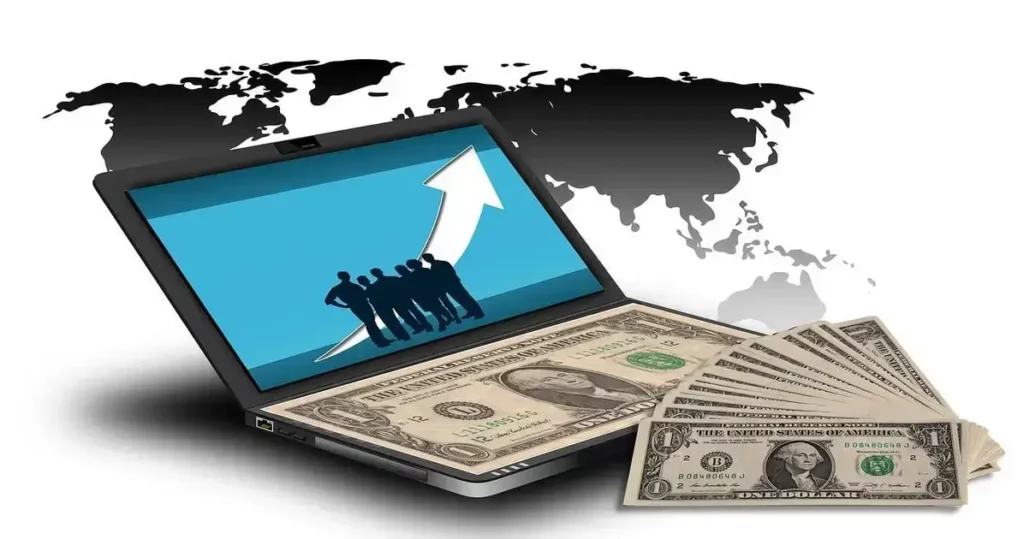Leitura: 7 minutos Unlock new career doors with University of London’s free online courses—and gain certificates that stand out on your resume. In today’s global economy, credentials and market agility set the winners apart. The University of London is turning up the heat in distance learning, offering powerful learning pathways for those who seek growth, competitive edge, and international recognition—all without financial risk. Let’s uncover how these free certified courses can bolster your strategic positioning and fuel your ascent in any industry.
Why Choose These Courses?
University of London’s free online courses with certificates offer immediate credibility. These programs target professionals aiming for a résumé booster, entrepreneurs seeking fresh skills, and students wanting world-class validation—without cost.
- Official certificates from a respected British institution
- Zero tuition, so no financial barrier
- Access from anywhere in the U.S.
On the market front, this means increased employability, instant market validation, and a robust entry for those targeting global sectors. The takeaway: Why let cost block your path to powerful credentials?
Would gaining a globally recognized certificate open new doors for you?
How the Courses Operate
The University of London partners with major platforms like Coursera and FutureLearn. Signing up is simple: you create a free account, pick your course, and get started at your own pace.
- Self-paced learning
- Open to all backgrounds, no admissions required
- Courses range from business to law, data science, health and more
In practice, this flexibility means professionals can upgrade skills without halting their work. For business leaders, it allows rapid capacity building, closing skill gaps in supply chains or project management—without bureaucracy. Management tip: Are you leveraging these agile learning models in your organization?
How quickly could you upskill if there were zero entry barriers?
Certificates: Value and Recognition
The certificate awarded on completion carries the University of London branding. For U.S. professionals, this global stamp signals adaptability, multicultural awareness, and proactive learning.
- Digital credentials shareable on LinkedIn and résumés
- Trusted by employers worldwide—especially in sectors that prize continuous development
- Immediate proof of expertise for growing and volatile markets
For those seeking a competitive advantage, this is low-hanging fruit. The trend: as credential inflation rises, recognized micro-certifications can swing hiring decisions. The message is clear—are you leaving easy recognition on the table?
How would a University of London certificate shift perceptions of your expertise?
Course Topics Driving Demand
The course catalog is designed around market demand. Popular options include data science, international business, law, mental health, and digital marketing.
- Data Science: Fueling decision-making and analytics
- Business and Management: Preparing leaders for disruptive markets
- Law and Human Rights: Expanding global legal knowledge
- Psychology and Health: Addressing adaptability in changing societies
For U.S. organizations managing risk or prioritizing supply chain resilience, targeted upskilling is not optional—it’s survival. Are your teams trained for tomorrow’s challenges?
Which skill gap could you close this month to elevate your organization?
Access, Flexibility, and Future Trends
Courses are accessible year-round, with flexible deadlines and mobile compatibility. Microlearning trend: Complete modules in focused sprints, tracking progress via online dashboards.
- No set start dates; enroll anytime
- Learn via smartphone, tablet, or desktop—true location independence
- Micro-credentials paving the way for stackable degrees in coming years
For U.S. talent strategies, rapid skill acquisition means reduced training costs and faster product-to-market cycles. The clear sign: microlearning is aligning with agile business models and the gig economy. The question for leadership: Is your learning pipeline as flexible as your supply chain?
Will your current skill set keep you relevant as learning goes fully digital?
